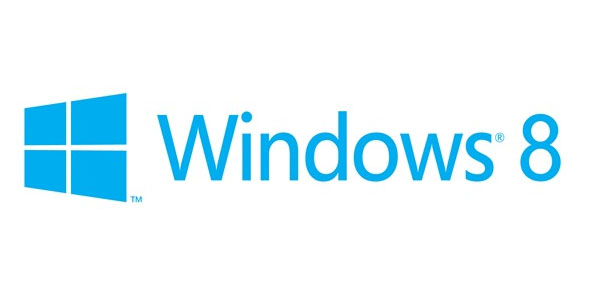We have taken a pretty hard look at the situation and found that the reasons can be broken down into two reasonable through processes. On the one hand Cloud Services are money makers; they are a cash cow as one former client uttered to me. This is a very true statement considering the money needed to get these services up and running and even to maintain them. In one consult that I did we estimated that with even slow market penetration an investment of over $50,000 for a hosted Exchange Product could be recouped in about 6-10 months and this only charging $10 per account.
However, there is another more psychological reason behind this. As has been pointed out by many in the past people want a familiar feel across all of their computing devices. People do not like to have to change between devices and do things differently on each. Apple picked up on this and designed the iPhone with this in mind (and has moved to make OSX and iOS similar in function). Now it is one thing for Apple, with a successful phone OS and product, to do this it is another for Microsoft to try and push this with a phone that has 5% of the market. They are going about this the wrong way around.
To put it bluntly Microsoft is trying to make a universal UI based on a phone OS that is not selling well. Instead of trying to push the much more popular Windows look and feel out to other devices (with an accessible UI for smaller tablet and Phone products. I hate to tell the guys at Microsoft this, but this is not going to work. Microsoft should remember the failure of Zune and ZuneHD in the market, right alongside the failure of Linux to penetrate the Windows market in the form of the netbook. Why did these fail despite them being faster (and in some cases better) products? Simply put, they were not familiar. In the case of the Zune people wanted the look and feel of the iPod touch even though many product reviews felt the UI on the Zune was faster and better looking. In the case of Linux, it was not Windows something they were very familiar with.
If Microsoft does not see this VERY soon Windows 8 could go the way Windows ME. Right now they are clearly alienating enterprise customers (same thing they did with Windows ME) and are also alienating people that do not want to use a Microsoft account, but might want to still have access to some of the services that Windows 8 brings. Plus we cannot stress this enough; trying to push something that has no popularity (Windows Phone) up the scale just is not likely to work.
Windows 8 has the potential to be a great OS, it is fast, stable and has one of the smallest memory footprints of any OS from Microsoft, but unless it maintains the familiar look and feel it will not meet up to what Windows users are looking for.
Discuss this in our Forum

 It is no secret that we are not fond of the direction that Microsoft is moving in with Windows 8. The new operating system with its phone and touch based MetroUI is a step back from what many feel a Windows system is supposed to be. What many wonder is why this push of the MetroUI and the cloud services that are linked to it.
It is no secret that we are not fond of the direction that Microsoft is moving in with Windows 8. The new operating system with its phone and touch based MetroUI is a step back from what many feel a Windows system is supposed to be. What many wonder is why this push of the MetroUI and the cloud services that are linked to it.

